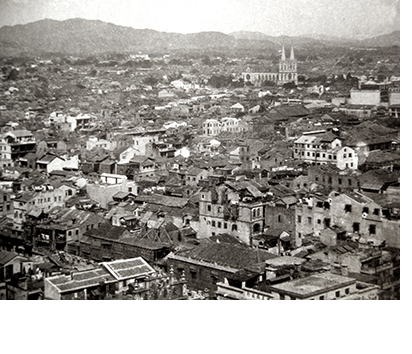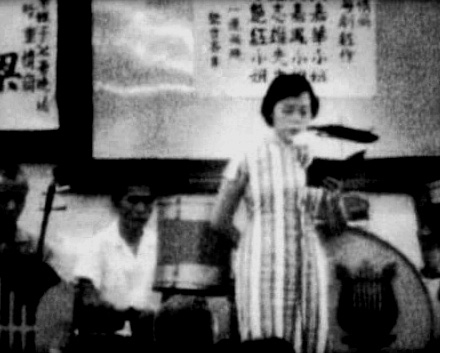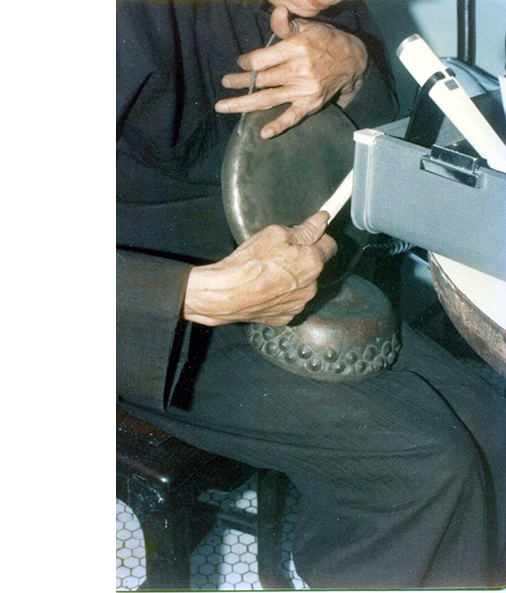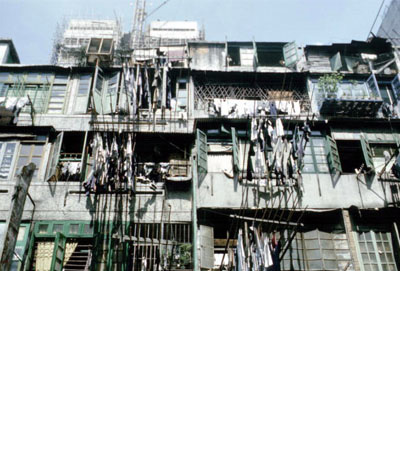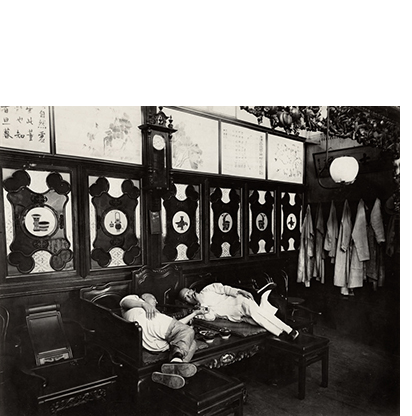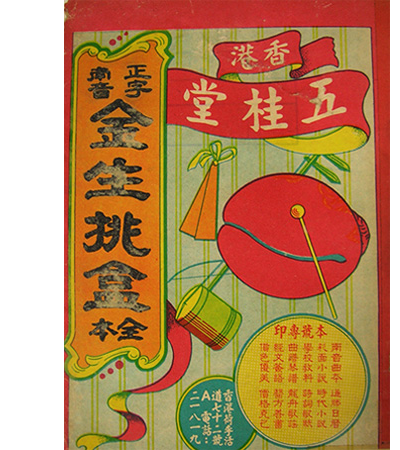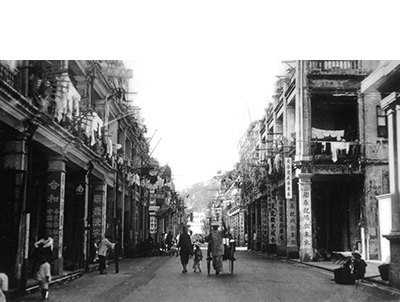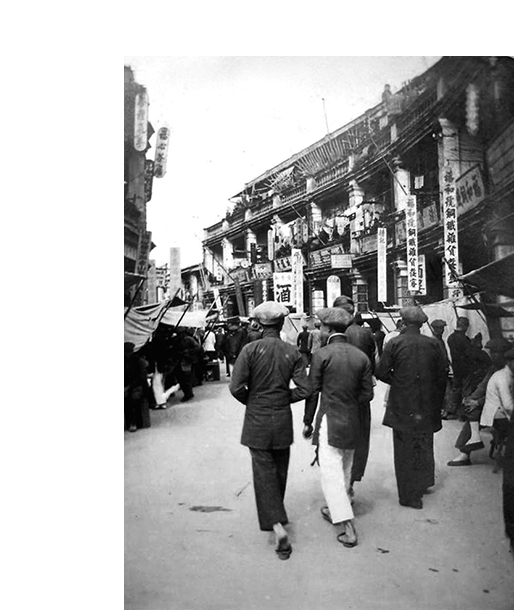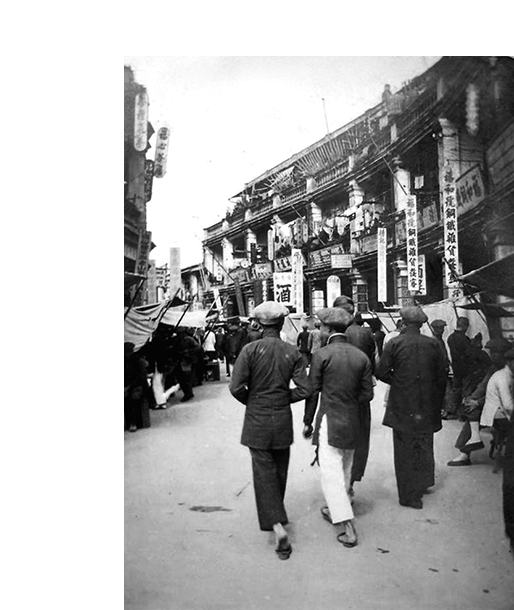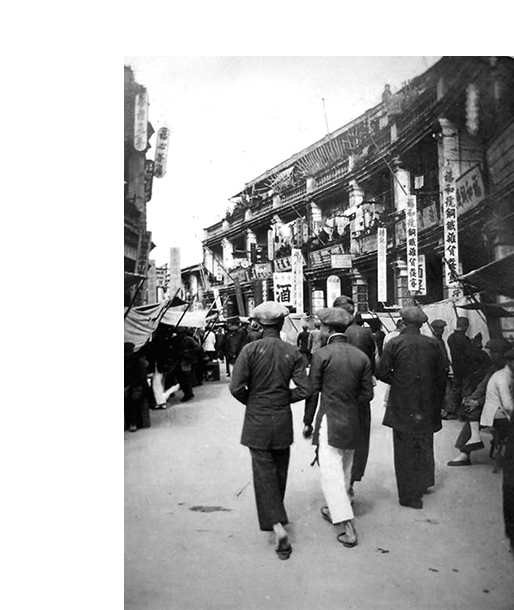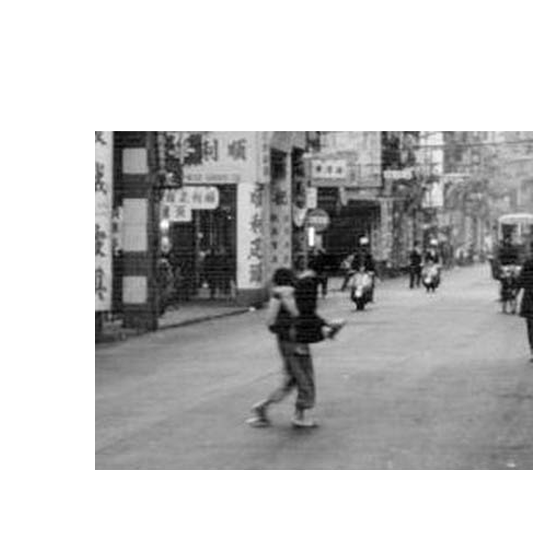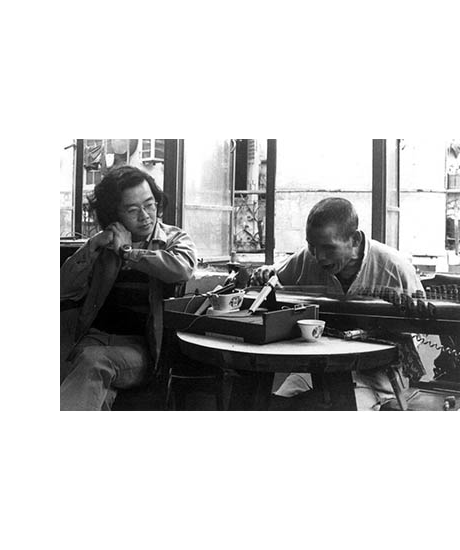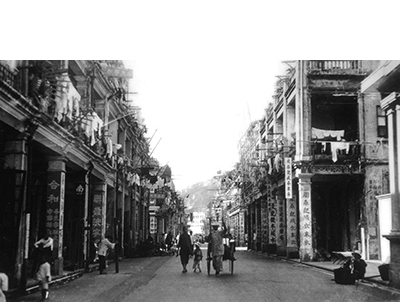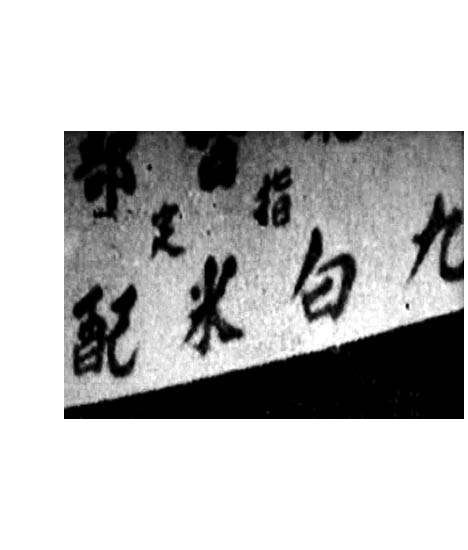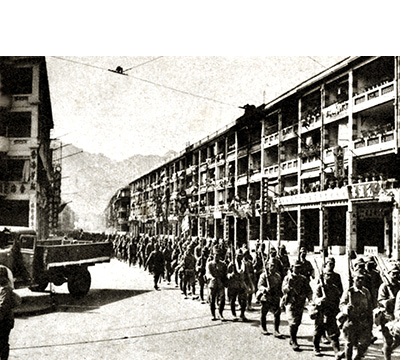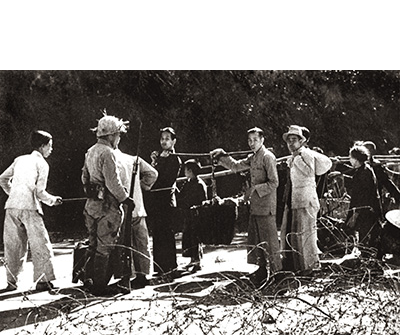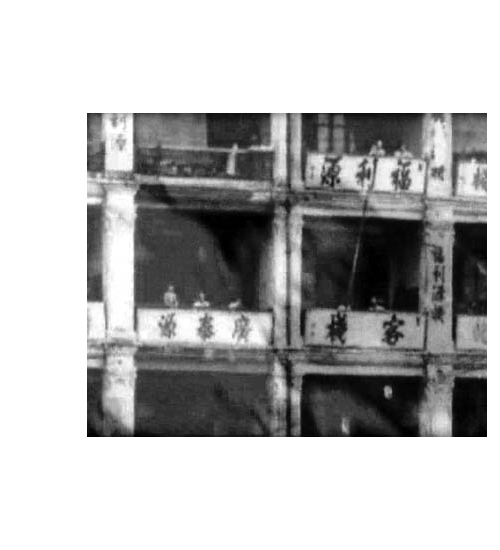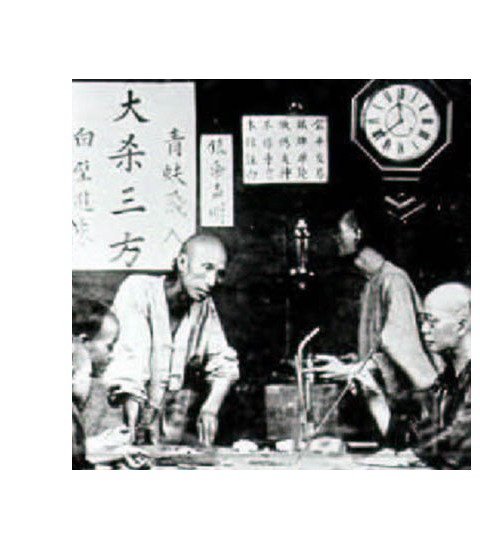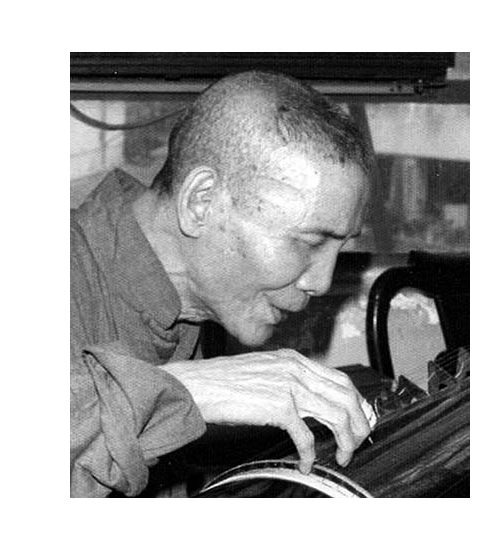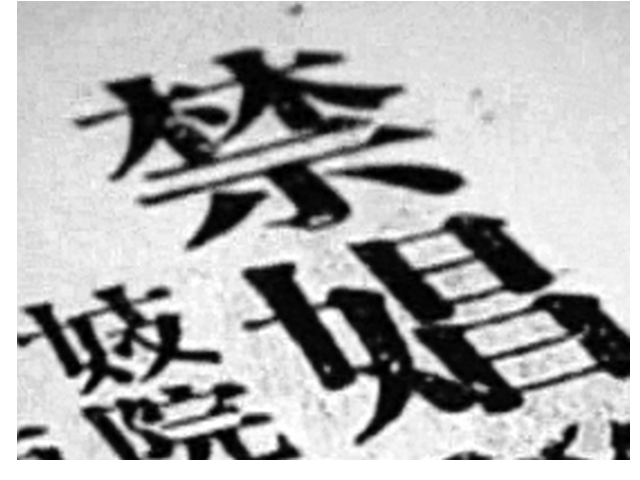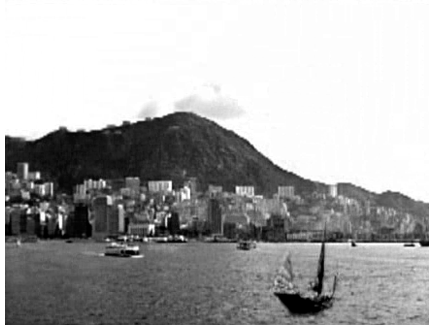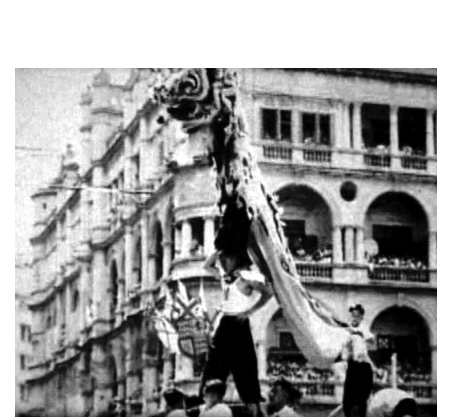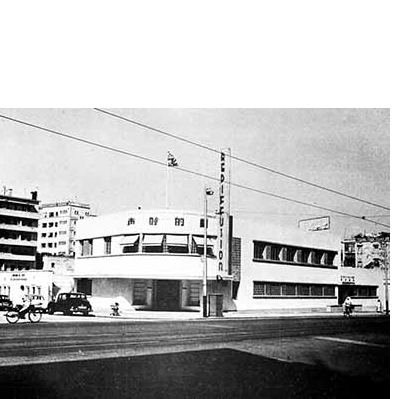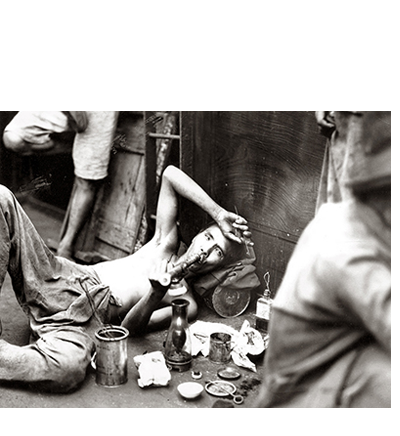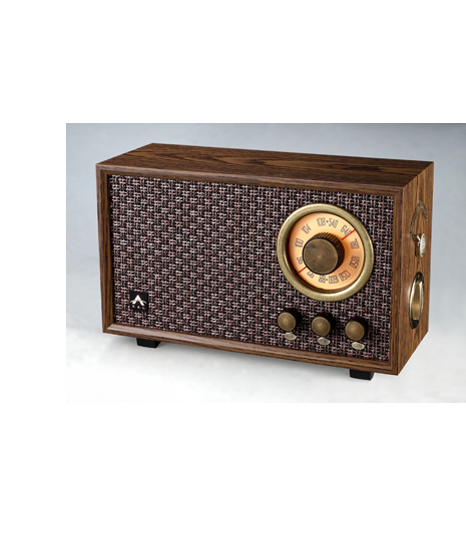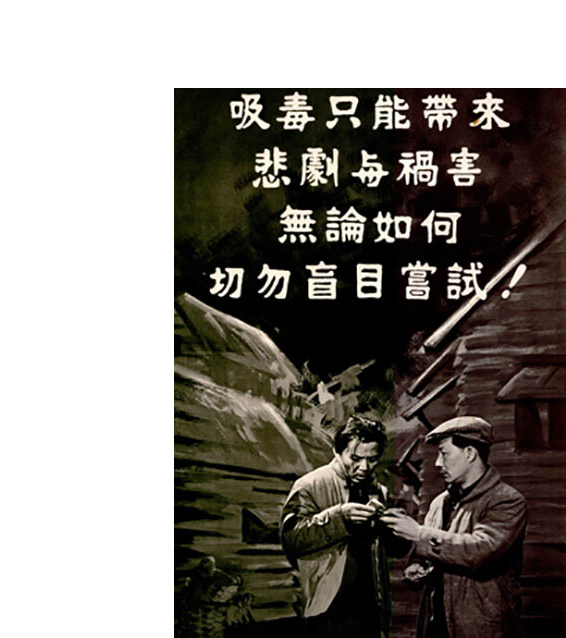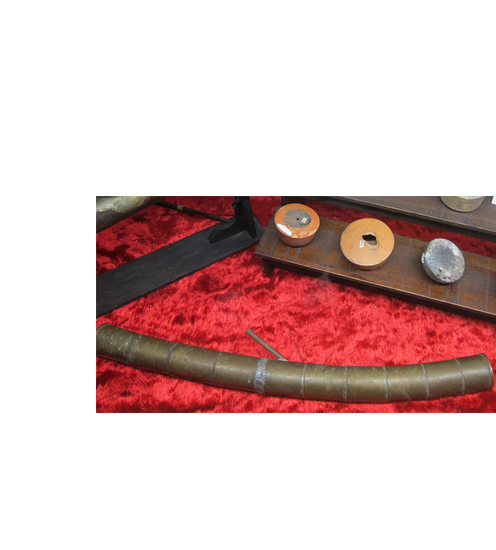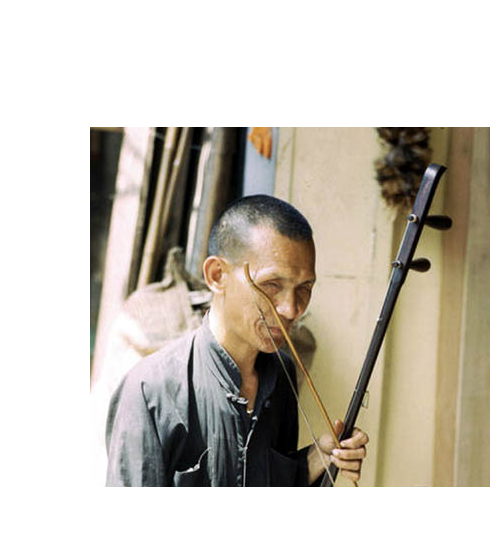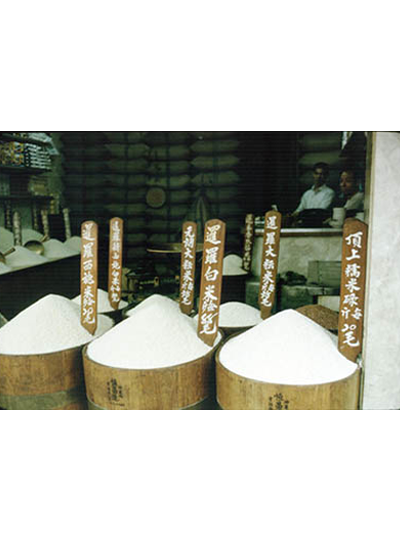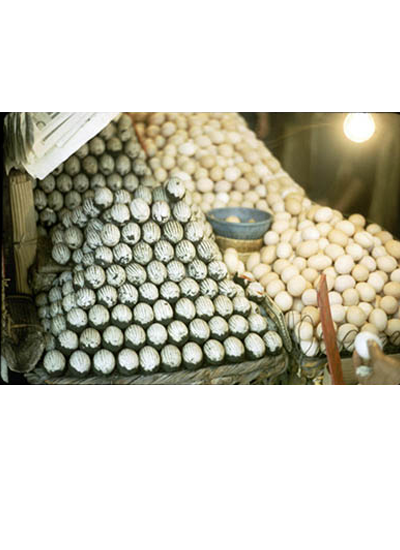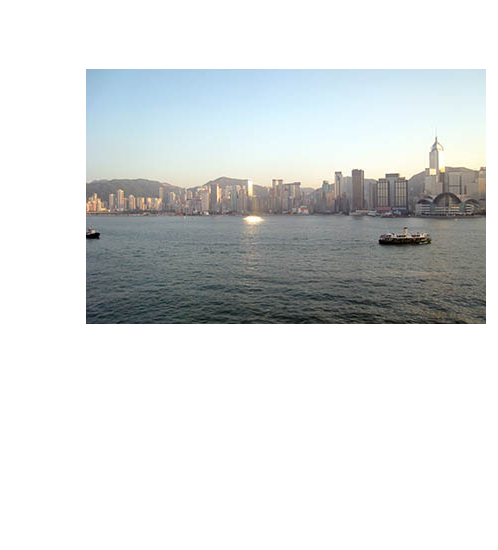Douwun moved to Hong Kong in 1926 and breathed his last there in 1979. Throughout the 54 years, he had lived with the changes of the city for more than half a century.
In 1975 to 1976, Douwun had his nanyin and other song-arts recorded at the request of Dr. Bell Yung, a US-based scholar. He sang for three months. After tens of hours of recording, he improvised a 6-hour song, Reminiscence of Douwun the Blind, which recounts the story of his life.
In the previous section (“The Story of a Virtuoso Blind Musician), Douwun’s nanyin has fairly acquainted us with the old Hong Kong.
During the recording sessions, Douwun had also given a personal note on what he saw and felt throughout the years when being interviewed by, and sometimes chatted with, Dr. Bell Yung. This is a valuable primary source for us to understand the history of the Hong Kong society and the way of living in the past.
This section is accordingly a compilation of Douwun’s remarks about old Hong Kong.
In the 1920s, Canton was convulsed by the frequent warlord warfare. In 1925, Douwun got to Hong Kong for the first time when the Canton-Hong Kong Strike broke out.
He had made a comparison of the living conditions in Canton and Hong Kong.
I dreamt of going to Hong Kong. They said everything’s cheaper here. Say, you could buy 20 catty of rice in Hong Kong with the sum that gave you only 10 or 9 or 8 catty in Canton. With 1 cent, you could have 10 eggs in Hong Kong but only 3 or 4 in Canton. So things were more expensive there, and it was more difficult to earn money.
What’s more, warlords were everywhere. Sometimes they shelled merchant ships, and sometimes people counter-attacked. Wow, complete chaos! Canton was hell to us! We were in a hail of bullets. The worst years were the 9th, the 10th, and the 11th, 12th and 13th years of the Republic. These were the worst. Every year we had one or two battles, and battles meant curfews. They never stopped fighting…
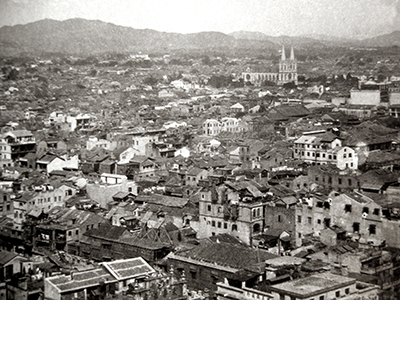
Canton and Hong Kong in the 1920s

